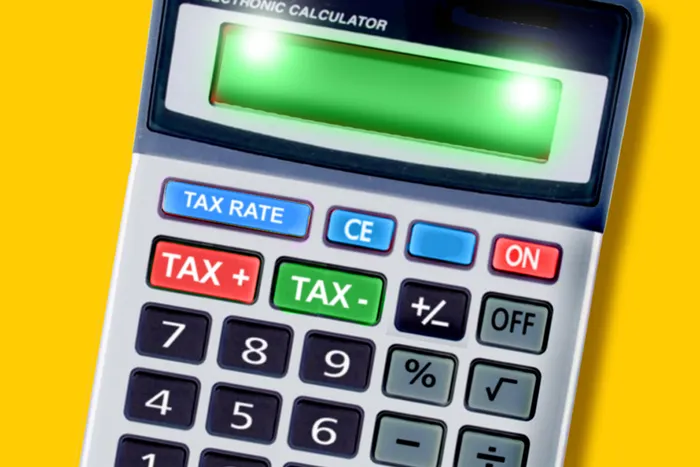Three tax relief measures for businesses affected by looting and lockdown

Photo: Supplied
By Yolandi Esterhuizen
The Covid-19 lockdown in June was challenging for South African businesses and was further met by the riots in KwaZulu-Natal and Gauteng in July.
The government has responded with a range of tax relief measures to help small, medium, and large enterprises recover, although some may argue that more could be done.
Let’s take a closer look at three key tax measures the government has introduced to help private enterprises navigate the current crisis:
Expanded Employment Tax Incentive (ETI)
The expansion of the ETI scheme was one of the exceptional tax measures government announced in response to the Covid-19 crisis and hard lockdown during 2020. The initial expansion applied for four months, from 1 April to 31 July 2020. The government has now decided to temporarily reintroduce this measure for four months between 1 August and 30 November 2021, the terms of which are similar to the original design:
- There is a R750 increase to the maximum monthly amount of ETI allowable per eligible employee, from R1 000 to R1 750 in the first qualifying 12 months and from R500 to R1 250 in the second 12 qualifying months.
- Employers can also claim up to R750 per month during these four months for employees aged 18 to 29 (or employees of any age and employed in a special economic zone) who are no longer eligible for the ETI because they had claimed the incentive for those employees for 24 months.
- A maximum of R750 may also be claimed for employees aged 18 to 29 who were employed before 1 October 2013.
- They can also claim up to R750 per month during these four months for employees aged 30 to 65 who are not eligible for the ETI due to their age.
- The South African Revenue Service (Sars) will use a formula that introduces the incentive at a positive rate for remuneration up to R2 000 per month, at a constant value for remuneration between R2 000 and R4 500 per month, and a declining rate for remuneration between R4 500 and R6 500. If the remuneration of the employee is R6 500, the incentive will be zero.
- ETI reimbursements will be paid monthly rather than twice a year to get cash as soon as possible into the hands of tax-compliant employers.
The expanded ETI has given many smaller businesses a lifeline during the two significant crises South Africa has faced. We welcome the expansion to claim from this scheme to encourage broader take-up and help get more young people employed.
Deferral of PAYE taxes for small and medium-sized businesses
The government is bringing back another tax relief measure last seen in 2020 in the form of deferral of PAYE payments. This time, the relief measure will last for three months from August and apply to small- or medium-size businesses with a gross income of R100 million and below. Companies will be able to defer 35% of their PAYE liability without Sars imposing administrative penalties and interest.
The deferred tax will be paid back in equal instalments over four months, commencing on 1 November 2021, with the first payment due on 7 December 2021. While this measure may help some small businesses to be confident any cash flow issues they face will be short-lived, it’s not advisable to use this relief unless necessary.
Deferral of excise duties on alcoholic beverages
Furthermore, in much the same way the government did in 2020, they are offering deferral of payment of excise duties for up to three months, on application, for licensees in the alcohol sector. This industry has been particularly hard-hit during periods of alcohol prohibition, and such a modest gesture may not be enough to prevent more closures or retrenchments in this sector in the months ahead.
Look beyond emergency relief
With the fiscus remaining under enormous pressure, the government has had to dig deep to afford the limited tax relief measures it has introduced for struggling businesses. It has primarily stuck to the measures applied last year in addition to committing to assistance for uninsured SMBs affected by the recent riots and looting.
However, we hope our newly appointed Finance Minister Enoch Godongwana, will review the small business tax regime ahead of the next tax year. With the vaccination programme accelerating, now is the time to look beyond emergency relief and towards a recovery built on sustainable growth.
Yolandi Esterhuizen, Registered Tax Practitioner and Director: Product Compliance, Sage Africa and Middle East
PERSONAL FINANCE